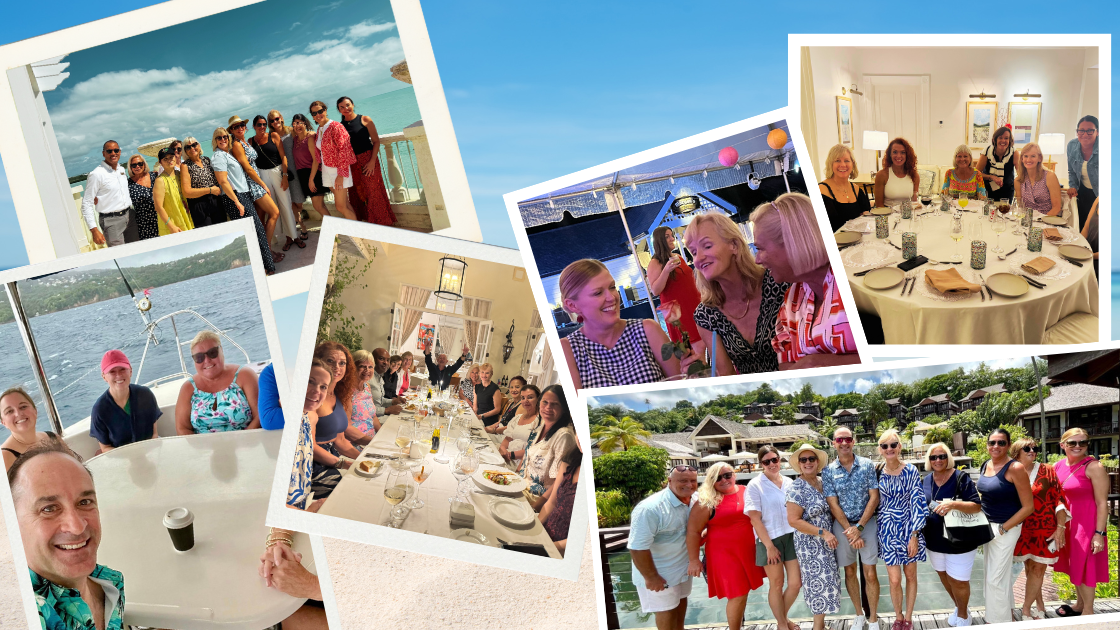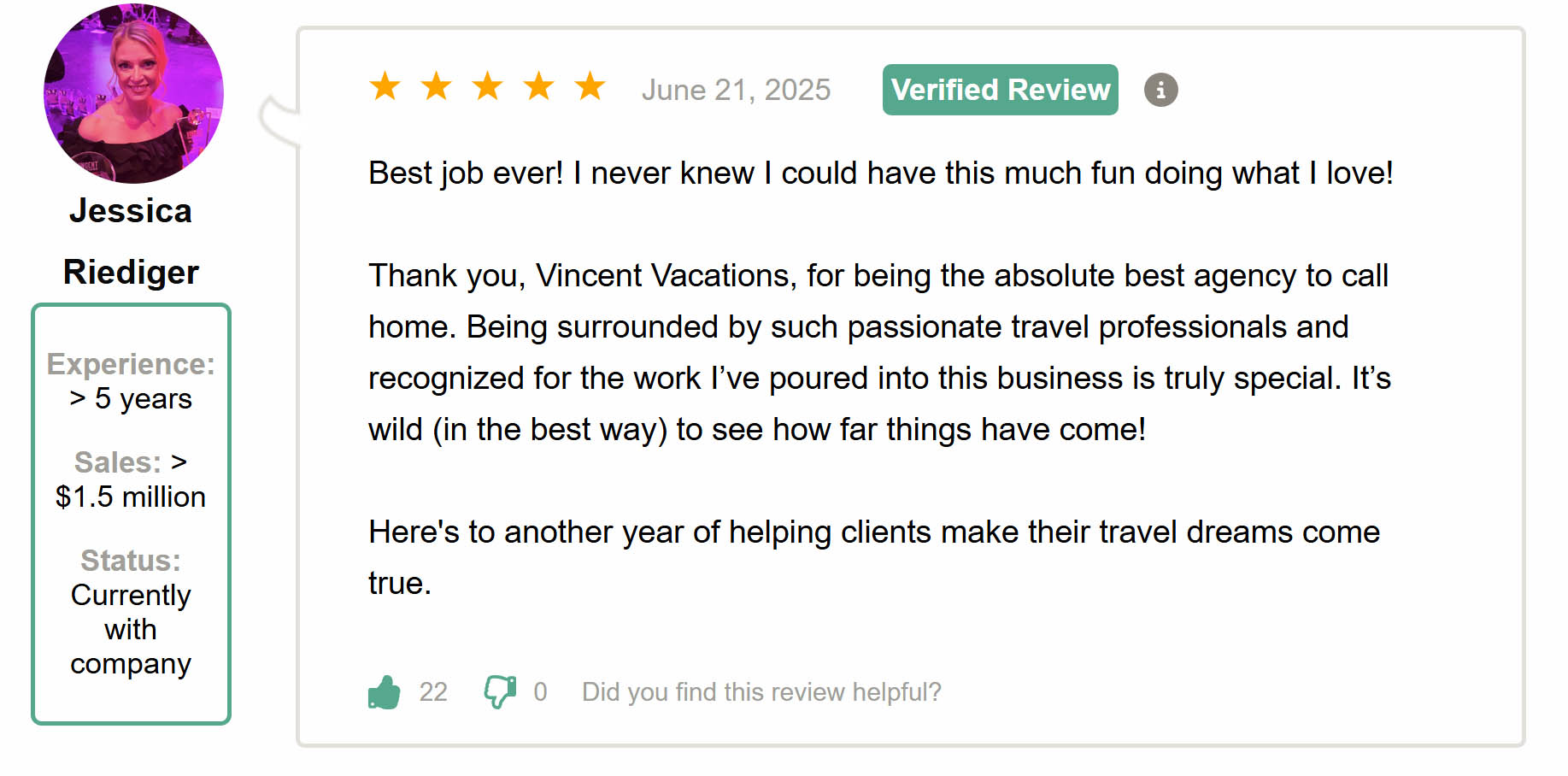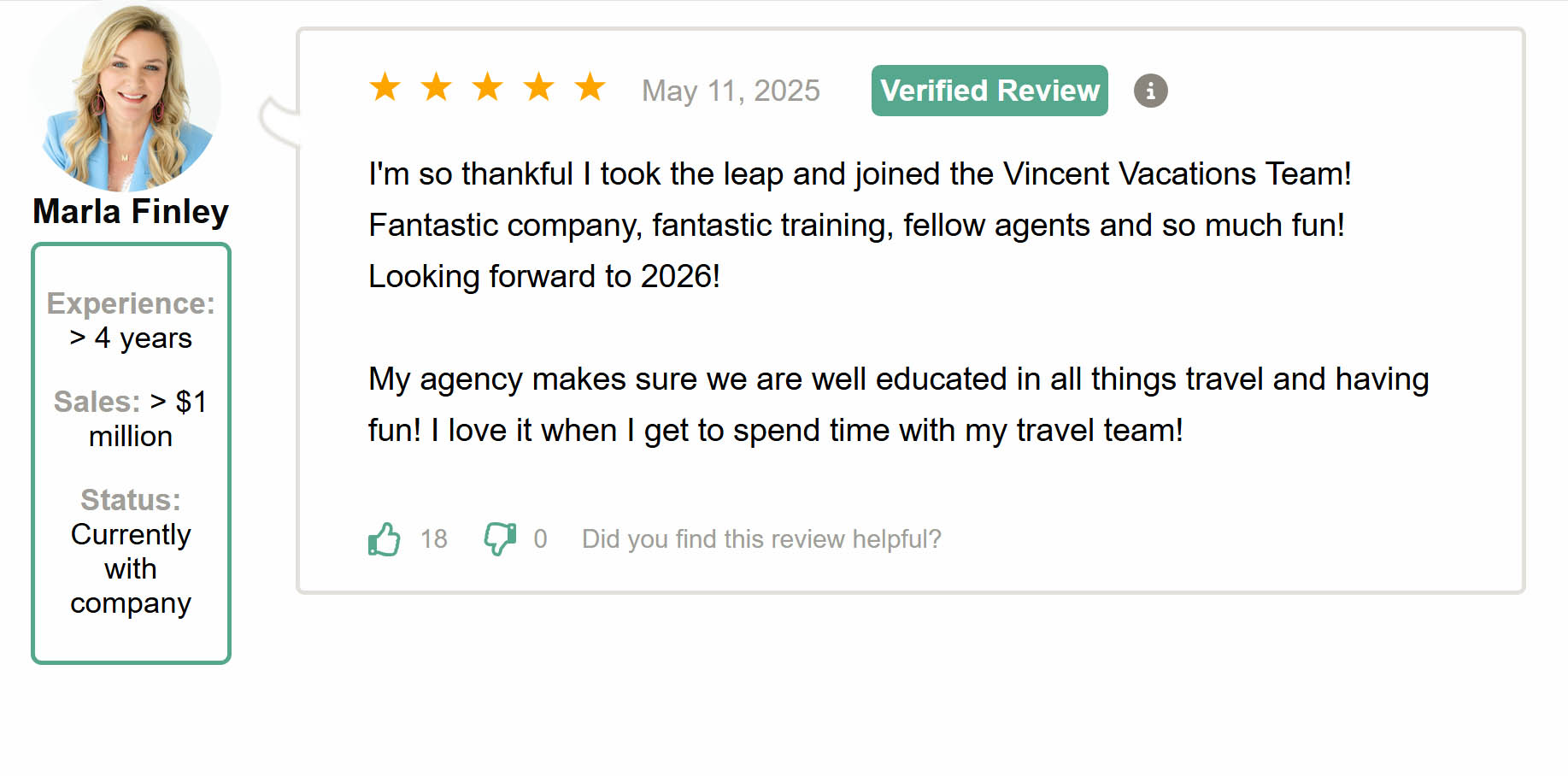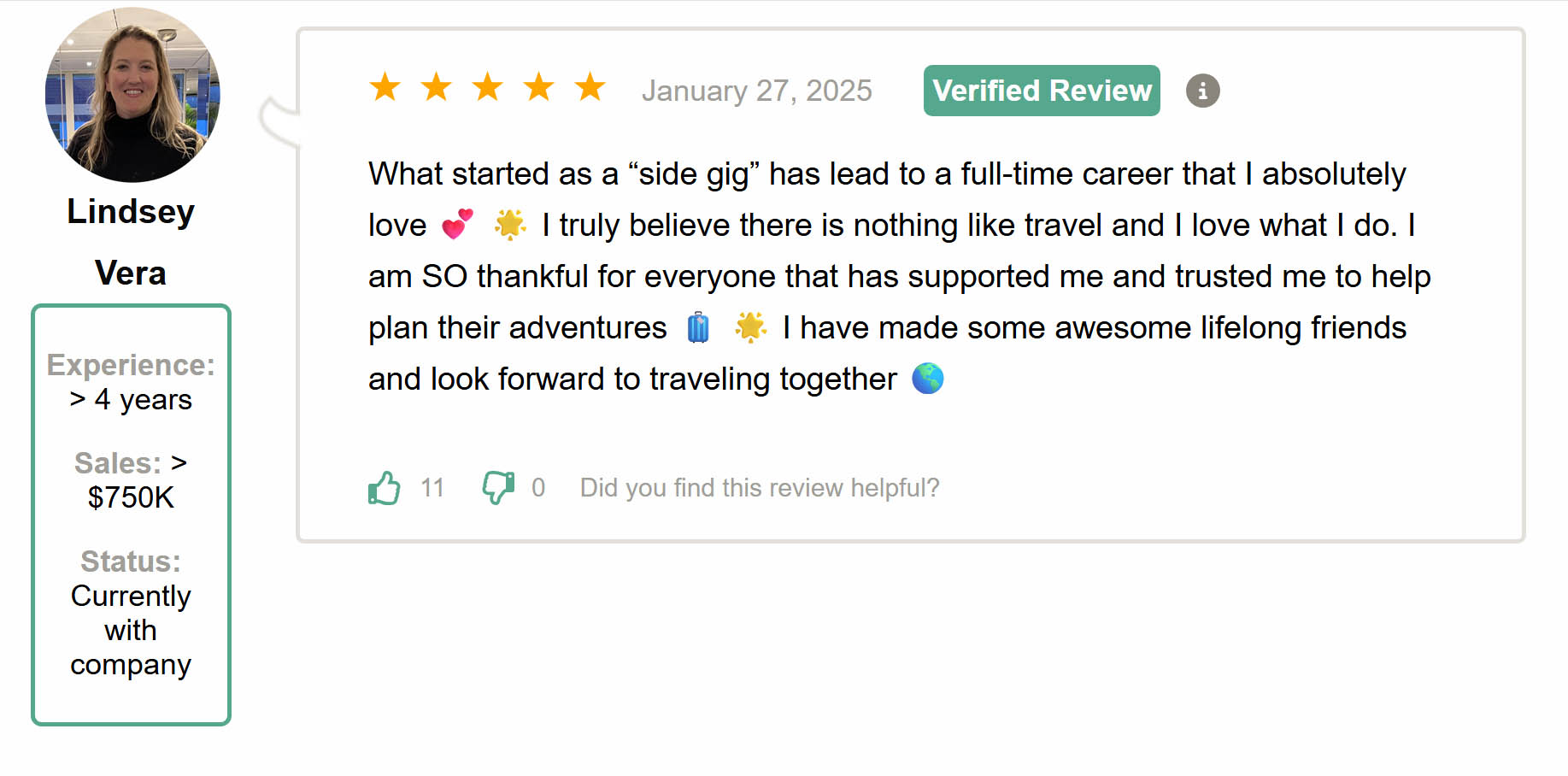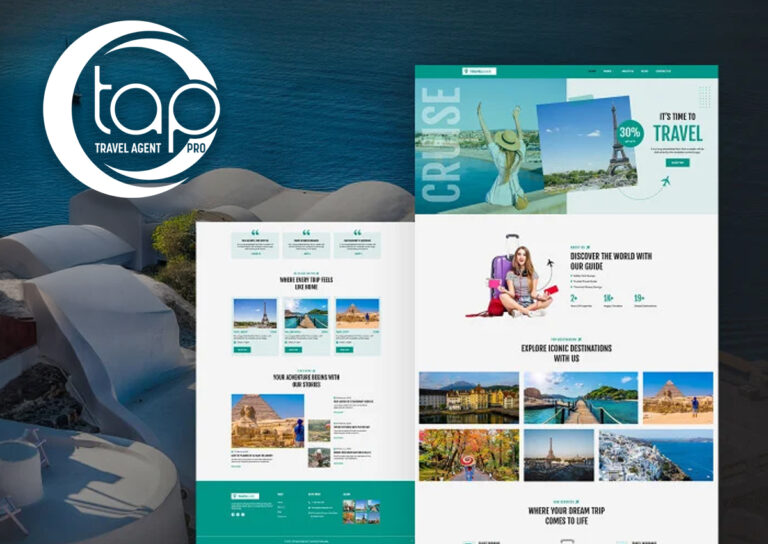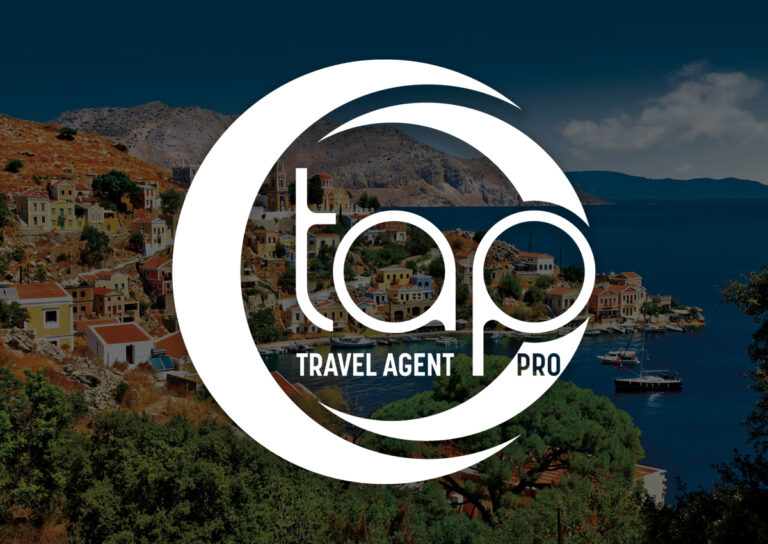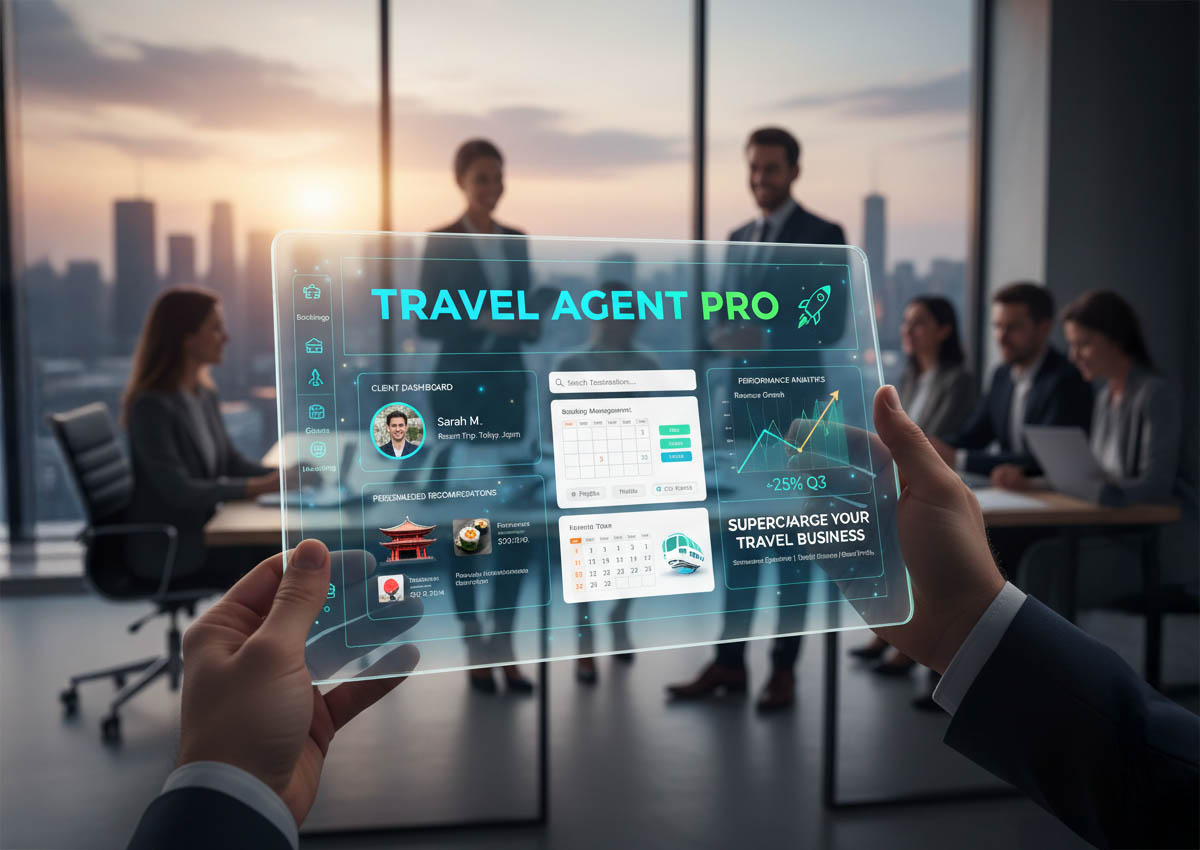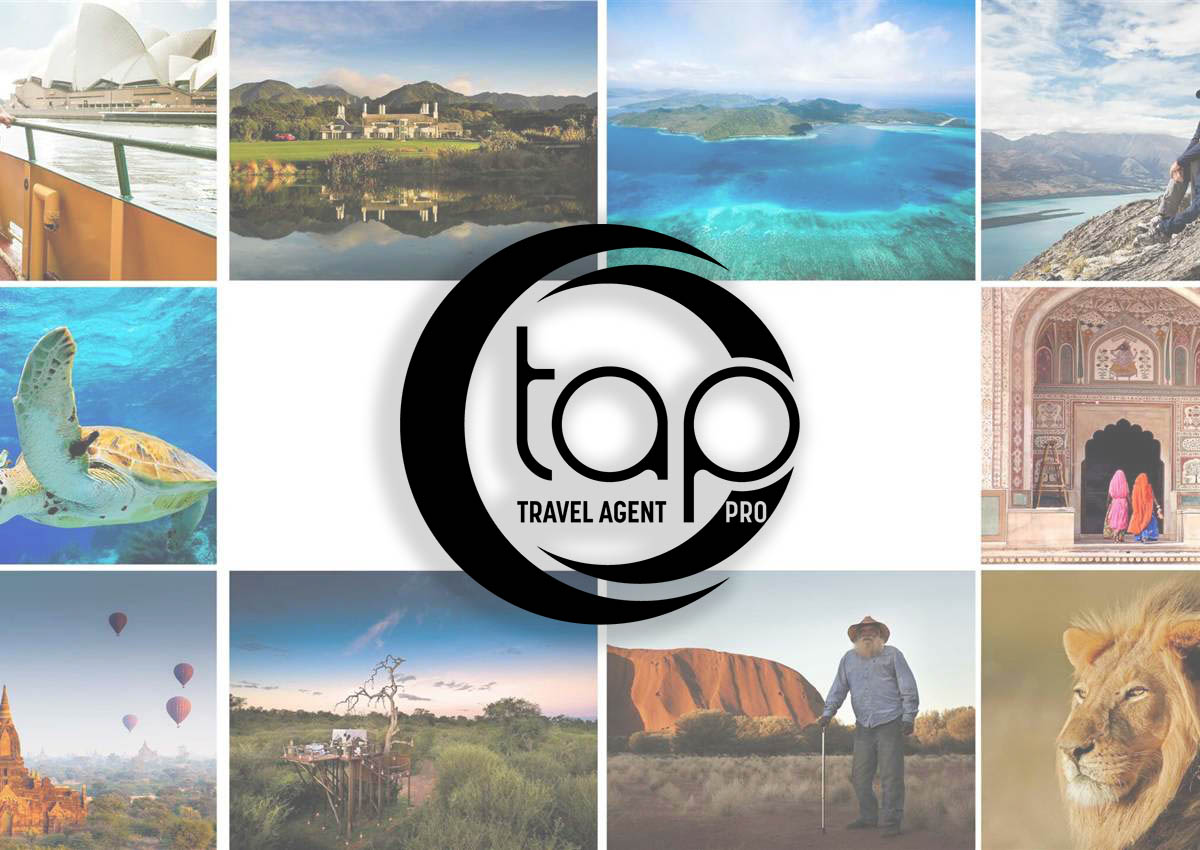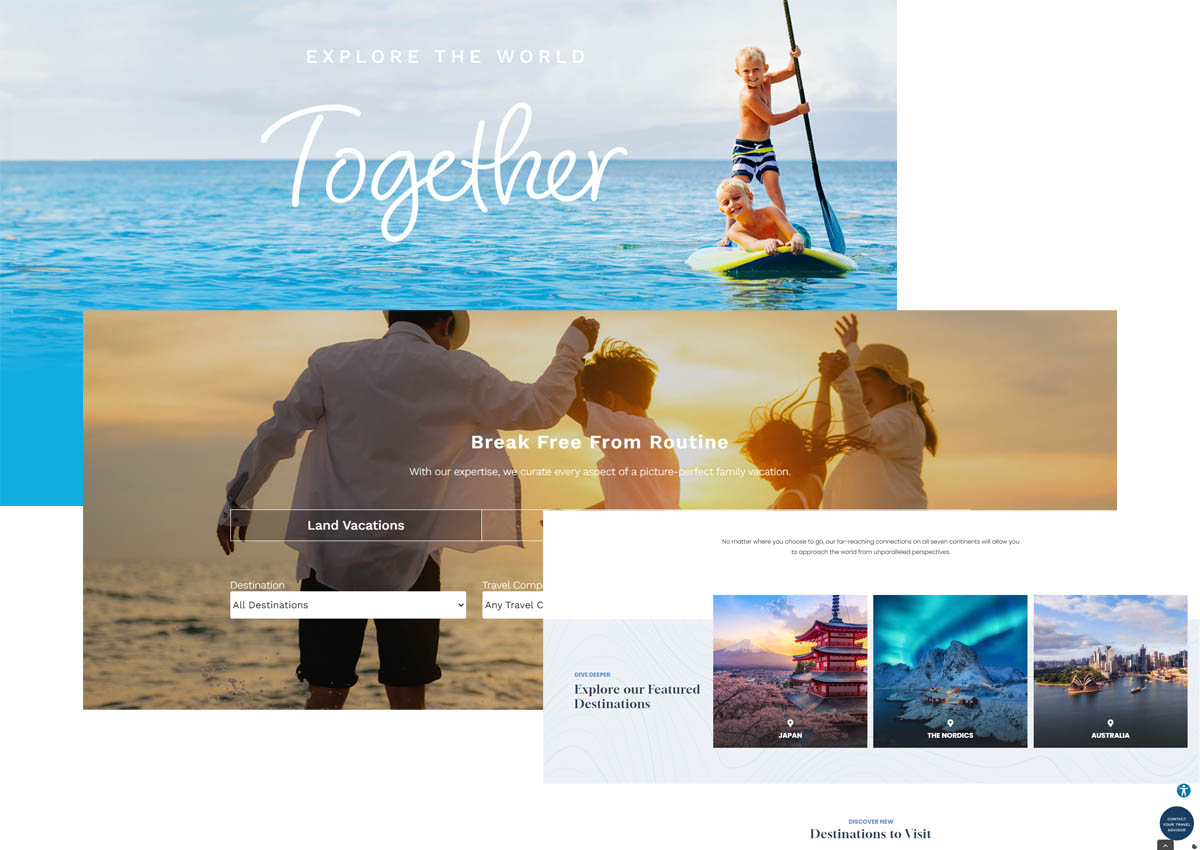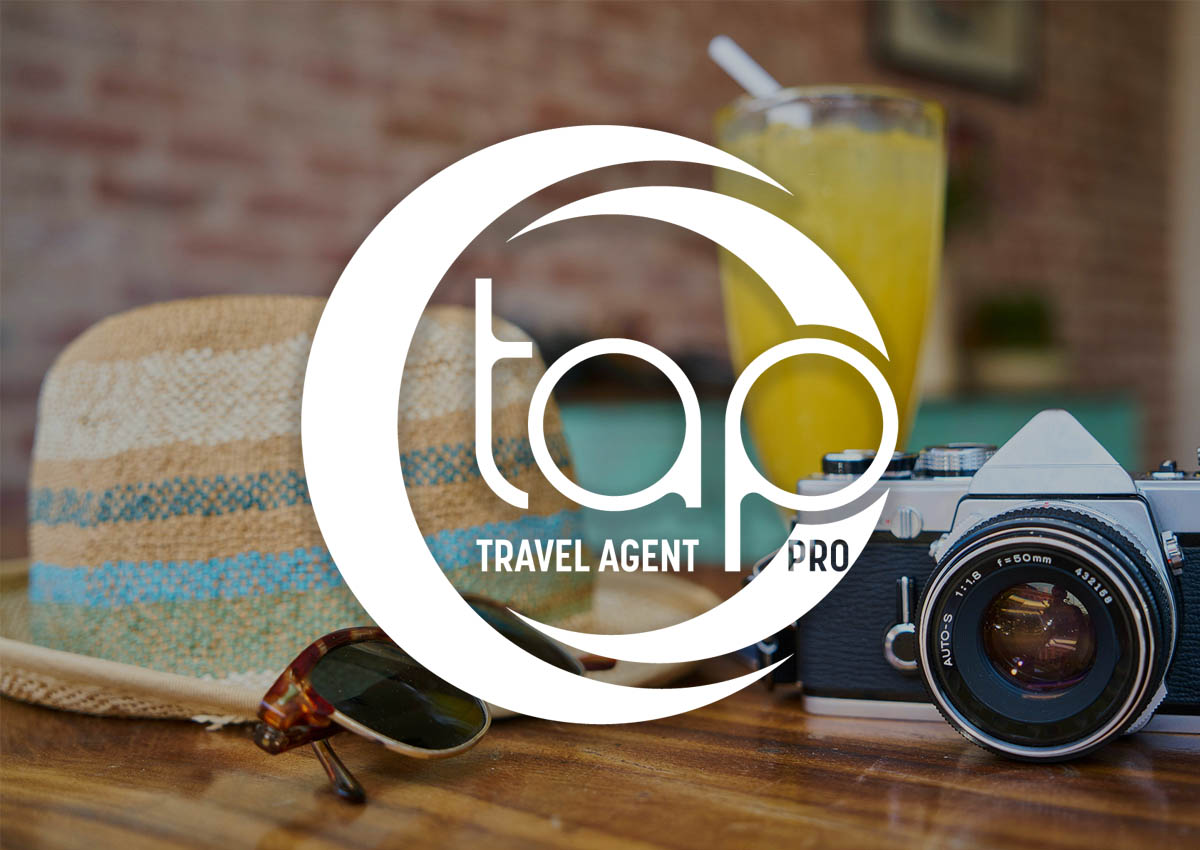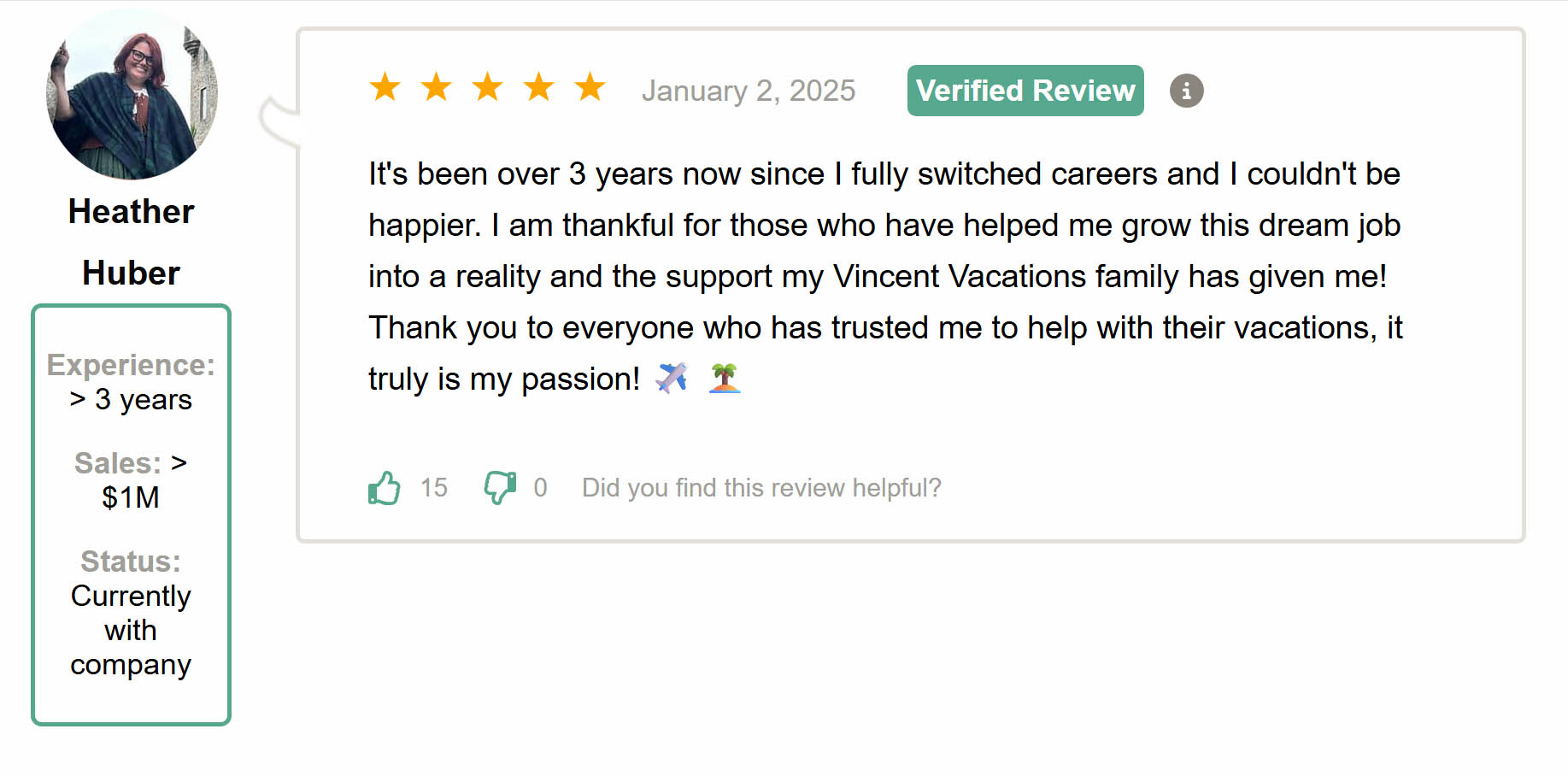Category :
Marketing & Social MediaSEO Starter Guide for Travel Agents
To learn more techniques and how to create and grow your own travel business, sign-up to become a member today!

- Unlock your travel agency's potential with proven SEO strategies.
- Join Vincent Vacations to gain access to exclusive SEO resources and training.
- Transform your website into a client magnet and boost bookings with our support.

If done well, you will be reaping the profits from new qualified leads in your niche, and not tire kickers and time wasters.
Your travel website will go from a hidden gem, to a CLIENT MAGNET.
You are competing in a digital landscape that is crowded with competition. More crowded than Times Square on New Year's Eve.
So how do you go about standing out?
That's where SEO comes in.
And it's not just about traffic. It's about getting traffic that converts into bookings.
SEO is a long-game strategy
Expect:
Small Improvements
Rather than overnight miracles.
Consistent Effort
Trumps sporadic bursts. First-page rankings typically come from persistent, strategic work.
Competition
Expect competitors trying to take your place.
It's important to keep in mind: While SEO can be great at generating traffic, it is useless to a travel business if the traffic you acquire does not convert.
It's important to think about your travel audience. Who do you want to attract to your website?
First and foremost, you want to keep things easy for them to find and explore your website, your blogs, and other travel content.
You will need to optimize or make changes to your travel website over time, to ensure your users can continue to easily find what they are looking for. These changes can involve the content itself or even the structure of your website.
#1 - Make your travel site interesting and useful
If you go to Google right now and search for local travel agency, my guess is the top 5 websites that show are going to be pretty boring. Research and you will see a lack of compelling, well organized and written content.
Search engines work based off your travel content. When it comes to SEO, content is KING.
Creating content that your target audience finds compelling and useful influences your website's presence in search results more than any thing else.
While "compelling and useful content" can mean different things to different people, travel content like this generally shares some common things.
Such as:
Easy-to-Read Text
Your travel website text is easy-to-read and well organized: Write content naturally and make sure the content is well written, easy to follow, and free of spelling and grammatical mistakes. Break up long content into paragraphs and sections, and provide headings to help users navigate your pages.
Unique Content
The content is unique: When you're writing new content, don't copy others' content in part or in its entirety: create the content yourself based on what you know about the topic. Don't just rehash what others already published.
Up-to-Date Content
The content is up-to-date: Check in on previously published content and update it as needed, or even delete it if it's not relevant anymore.
Helpful and Reliable
The content is helpful, reliable, and people-first: Be sure that you're writing content that your readers will find helpful and reliable. For example, providing expert or experienced sources can help people understand your articles' expertise.

Core Practices
Here are just a few core practices that can have the most impact on your travel website ranking and appearing on search engines:
People-First Content
Create helpful, reliable, people-first content. For example, maybe you specialize in romance travel. What are the top questions people have about your niche and your expertise?
Strategic Keyword Placement
Use words that people would use to look for your content, and place those words in prominent locations on your pages, such as the title and main heading of a page, and other descriptive locations such as alt text and link text.
Crawlable Links
Make your links crawlable so that Google can find other pages on your site via the links on your page. For example, this can look like internal links on a page. Maybe you have 2 blog posts: One is about a Sandals destination wedding package and another is about Sandals St. Vincent. Make sure in the content of those blog posts, the content has links to one another.
Community Engagement
Tell people about your site. Be active in communities where you can tell like-minded people about your travel services, suppliers and anything else that you mention on your site.
Optimize Content
If you have other content, such as images, videos, structured data, and JavaScript, make sure you're following those specific best practices so that search engines can understand those parts of your page and website, too.
Enhance Site Appearance
Enhance how your site appears on search engines by enabling features that make sense for your travel site.
Control Content Visibility
If you have content that shouldn't be found in search results or you want to opt out entirely, use the appropriate method for controlling how your content appears in search engines.

Searchers Intent
Expect your readers' search terms.
Think about the words that a user might search for to find a piece of your content. Users who know a lot about the topic might use different keywords in their search queries than someone who is new to the topic.
For example, some users might search for "regent cruises", while others might search for "all-inclusive luxury cruising".
Anticipating these differences in search behavior and writing with your readers in mind could produce positive effects on how your site performs in search results. Many searches not familiar with cruise suppliers will be using broad and generic searches.
However, don't worry if you don't anticipate every variation of how someone might seek your content. Search engines language matching systems are sophisticated and can understand how your page relates to many queries, even if you don't explicitly use the exact terms in them.
Become a Travel Agent: Unleash Your Full Potential
Ready for a career that's as fulfilling as it is rewarding? Becoming a travel agent with Vincent Vacations means building a business around your passion for travel.

Backlinks
Search engines primarily find your website and pages through links from other pages it already crawled.
In many cases, these are other websites that are linking to your pages. Other sites linking to you is something that happens naturally over time, and you can also encourage people to discover your content by promoting your site. For example, after you publish a new blog post to your site, share that blog post to your LinkedIn community.
Make sure and link to relevant resources. Links are a great way to connect your users and search engines to other parts of your site, or relevant pages on other sites. In fact, the vast majority of the new pages Google finds every day are through links, making links a crucial resource you need to consider to help your pages be discovered by Google and potentially shown in search results. Additionally, links can also add value by connecting users (and Google) to another resource that corroborates what you're writing about.
If you're open to a little technical challenge, you should submit a sitemap of your site to search engines. This is a file that contains all the URLs on your site that you care about. Some content management systems (CMS) may even do this automatically for you.
Use descriptive URLs
Parts of the URL can be displayed in search results as breadcrumbs, so users can also use the URLs to understand whether a result will be useful for them.
Google learns breadcrumbs automatically based on the words in the URL, but you can also influence them with structured data if you like a technical challenge. Try to include words in the URL that may be useful for users; for example:
This is GOOD:
https://www.YourTravelSite.com/suppliers/amawaterways
A URL that only contains random identifiers is less helpful for users; for example:
This is BAD:
https://www.YourTravelSite.com/2/6772756D707920636174
Group topically similar pages in directories
If you have more than a few thousand URLs on your site, how you organize your content may have effects on how Google crawls and indexes your site. Specifically, using directories (or folders) to group similar topics can help Google learn how often the URLs in individual directories change.
For example, consider the following URLs:
https://www.YourTravelSite.com/policies/terms-and-conditions.html
https://www.YourTravelSite.com/promotions/sandals-resorts
The content in the policies directory seldomly changes, however the content in the promotions directory likely changes very often. search engines can learn this information and crawl the different directories at different frequencies.

Appearance in Search Results
Much of gaining a click from search engines means adjusting how your travel website and its pages are shown in search engine result pages (SERPs).
Can you influence how your site and its pages look in search engine results?
Yes!
A typical search engine results page consists of a few different visual elements that you can influence to help users decide whether they should visit your travel site through those search results. The title link and the snippet below it are the more visually significant elements in search results.
Influence your title links
The title link is the headline part of the search result and it can help people decide which search result to click. There are a few sources that search engines uses to generate this title link, including the words inside the "title" element (also called the title text) and other headings on the page. This title text can also be used for the title that's shown in browsers and bookmarks.
You can influence the title links in search by writing good titles
A good title is unique to the page, clear and concise, and accurately describes the contents of the page. For example, your title could include the name of your website or business, other bits of important information like the physical location of the travel business, and maybe some information about what the particular page has to offer for users.

Promoting Your Travel Website
Effectively promoting your travel website and new content will lead to faster discovery by those who are interested in the same subject, and also by search engines.
Here are a few of the many ways you can do this:
Social Media Promotion
Share your content on platforms like Facebook, Instagram, and Twitter to reach a wider audience.
Community Engagement
Participate in online forums, travel groups, and industry events to connect with potential clients and partners.
Advertisement
Utilize both offline and online advertising channels to promote your travel agency and website.
Word of Mouth
Encourage satisfied clients to spread the word about your services to their friends and family.
One of the most effective and lasting ways is word of mouth: Hopefully, people familiar with your site tell their friends about it, who in turn visit your site.
This can take time, and usually you need to invest some time and effort in other practices first, such as community engagement. Our friends over at Google for Creators have excellent resources about building and engaging your audience.
Putting effort into the offline promotion of your company or site can also be rewarding. For example, if you have a business site, make sure its URL is listed on your email footer, your business cards, letterhead, posters, and other materials. With their permission, you could also send out recurring newsletters to your audience letting them know about new content on your website.
For Both Aspiring and Experienced Travel Advisors
Build a travel business doing what you love - on your own terms. Start booking trips the day you join, with a best-in-class education curriculum developed by industry experts.

In Closing
The more high-quality content you produce and the more high-quality links you build, the further you move from a pessimistic to an optimistic scenario.
This covers the basics of SEO for travel agencies and agents looking to get ahead in their game. There are many elements still to cover, such as technical SEO, monitor your travel website’s health, analytics, and beyond, but this should provide a great starting point!
Ready to take your travel agency to the next level? Join Vincent Vacations Today!
Learn more about this by signing up as a member, today! Vincent Vacations Application Form.
To learn more techniques and how to grow your travel business, read more on our Articles page.



